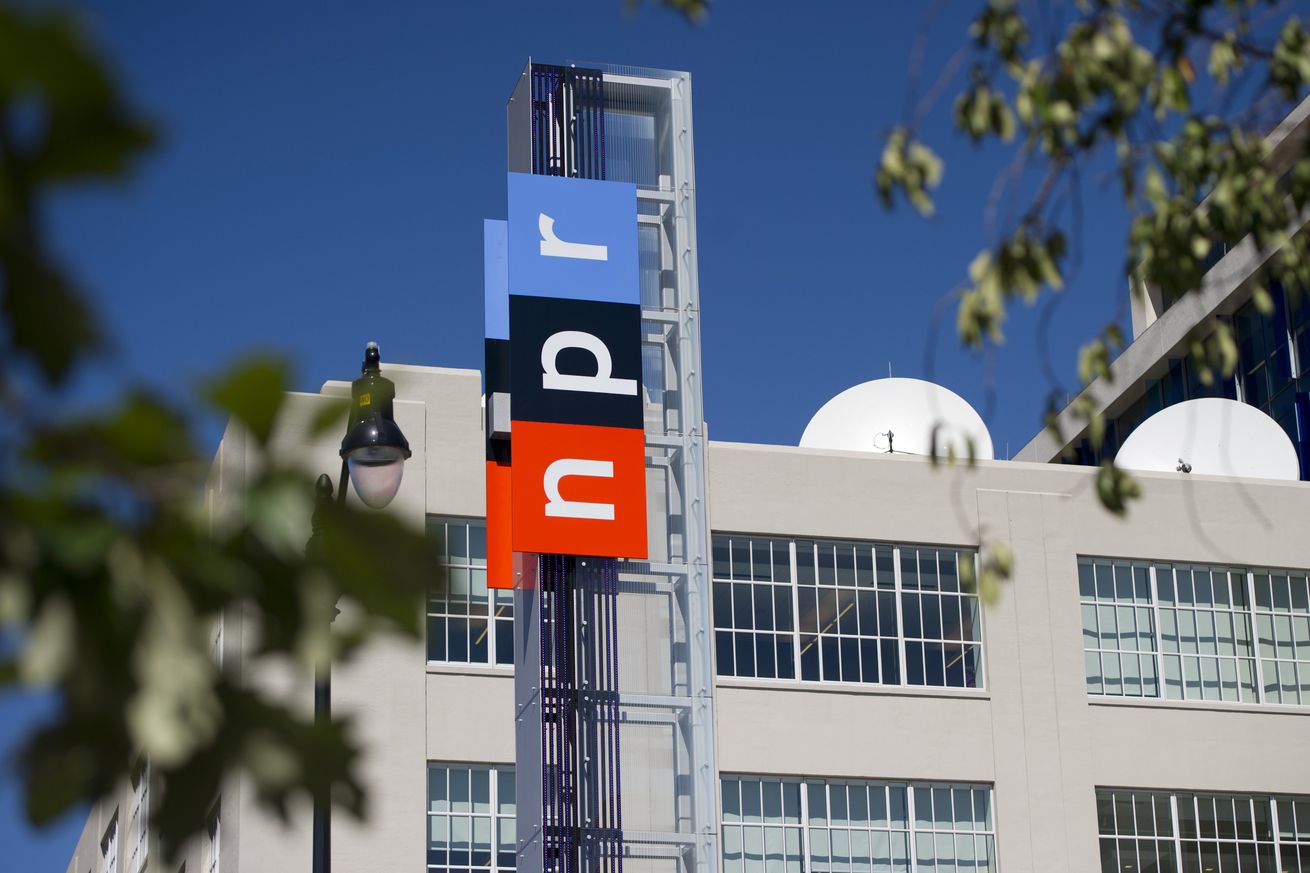
NPR becomes first major news organization to leave Twitter
NPR has announced that it will no longer use Twitter to distribute its content after the social media platform began labeling the network as “US state-affiliated media,” putting it in the same category as government mouthpiece publications like RT and China Daily. NPR is the first major news organization to pull from the platform and comes at a time when Twitter CEO Elon Musk’s relationship with the press is at a low point.
NPR’s main Twitter account has been silent since getting the label a week ago, but CEO John Lansing made the stance official in a memo sent to staffers Wednesday morning. “We are not putting our journalism on platforms that have demonstrated an interest in undermining our credibility and the public’s understanding of our editorial independence,” he wrote.
Musk has a famously antagonistic relationship with the press, and the actions he has taken over the past few weeks have only escalated the situation. As Twitter has made account verification available for purchase, news organizations and individual journalists alike have been reluctant to participate in the pay-to-play system. A number of outlets, including The Washington Post, Politico, and Vox Media (parent company of The Verge), made it clear they had no intention of paying to keep checkmarks for their reporters or key accounts. Musk tried to show he meant business by removing the badge from The New York Times (and only the Times) after being nudged by a Musk fan account called @DogeDesigner.
While the verification conflict was months in the making, Musk’s fight with the press went in some unexpected directions last week. Slapping NPR with the “state-affiliated” label took the organization and its followers by surprise, especially since Twitter previously cited the network as an example of a public news organization that does not fit that criteria (those guidelines have since been changed). Since NPR is very clearly not state-affiliated media, the tag has since been changed to “government-funded media.” NPR receives less than 1 percent of its funding from the federal government, though member stations do get a higher chunk (about 13 percent) of their revenue from local and federal government sources.
This week, the BBC received the “government-funded” tag as well, prompting the network to reach out directly to Musk to demand the tag be taken down. Musk argued that he was trying to provide “maximum transparency” for platform users and said he is personally a fan of their work. “I should note that I follow BBC News on Twitter, because I think it is among the least biased,” he said in the exchange. Musk agreed to a live interview with the BBC after the exchange in which he said Twitter could change its label to “publicly funded” to reflect that its funding comes from public licensing fees, not the government.
And (we’re not done here) in the background of all of this is Musk’s fight with Substack. Last week, Twitter started disabling likes, retweets, and sharing of tweets that included Substack links. While Substack is not itself a news organization, it is home to newsletters and blogs of many prominent independent journalists who have come to depend on Twitter for promotion and audience-building. These would seem to be the exact types of journalists Musk would want to support (and has, in the case of the Twitter Files), but he can’t abide by Substack’s recent move to introduce a Twitter-like feature called Notes. Twitter is no longer suppressing Substack links, but Substack writers have said they are disturbed by Musk’s willingness to mess with their livelihoods for the sake of his own. Musk is the second-richest person in the world, with a net worth of more than $186 billion, according to Forbes.
At the core of the issue is Twitter’s relationship to news. Musk recognizes that a large part of Twitter’s value is as a conduit for news, whether that is as a distributor of stories from established outlets, a promotional tool for independent writers, or a forum for live updates and conversations on breaking topics. In turn, news organizations and journalists have become reliant on Twitter to get their content out. NPR’s labeling was a unique situation, but the kind of targeting Musk employed was not. It seems unlikely that this will be the last fight we see between Musk and a particular media outlet or that NPR will be the last to call it quits.

